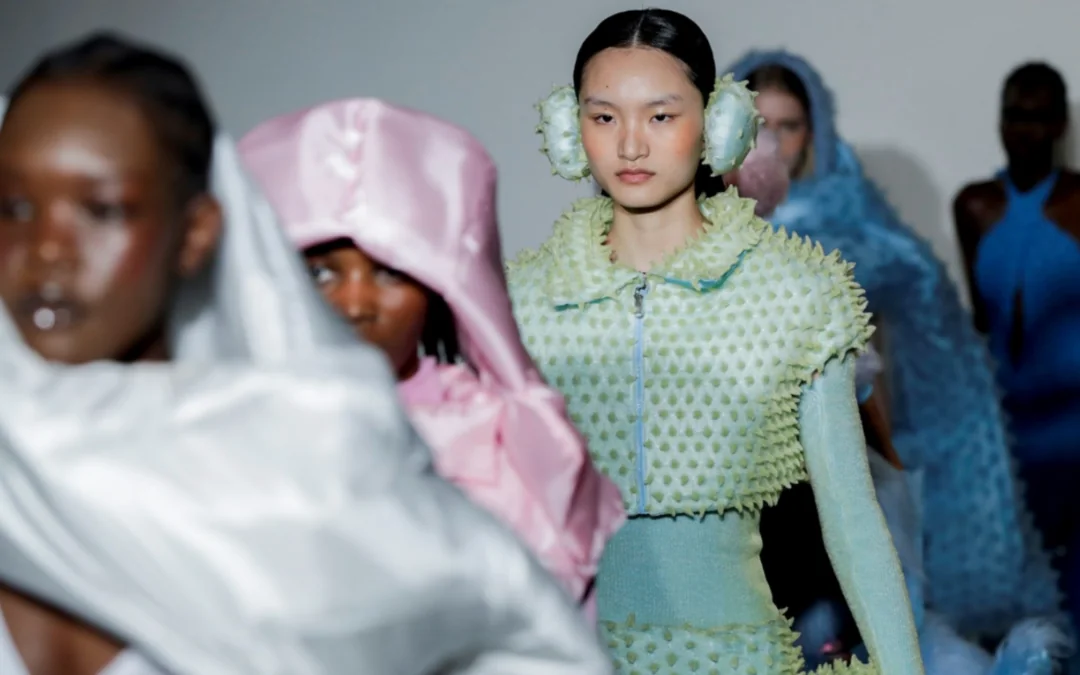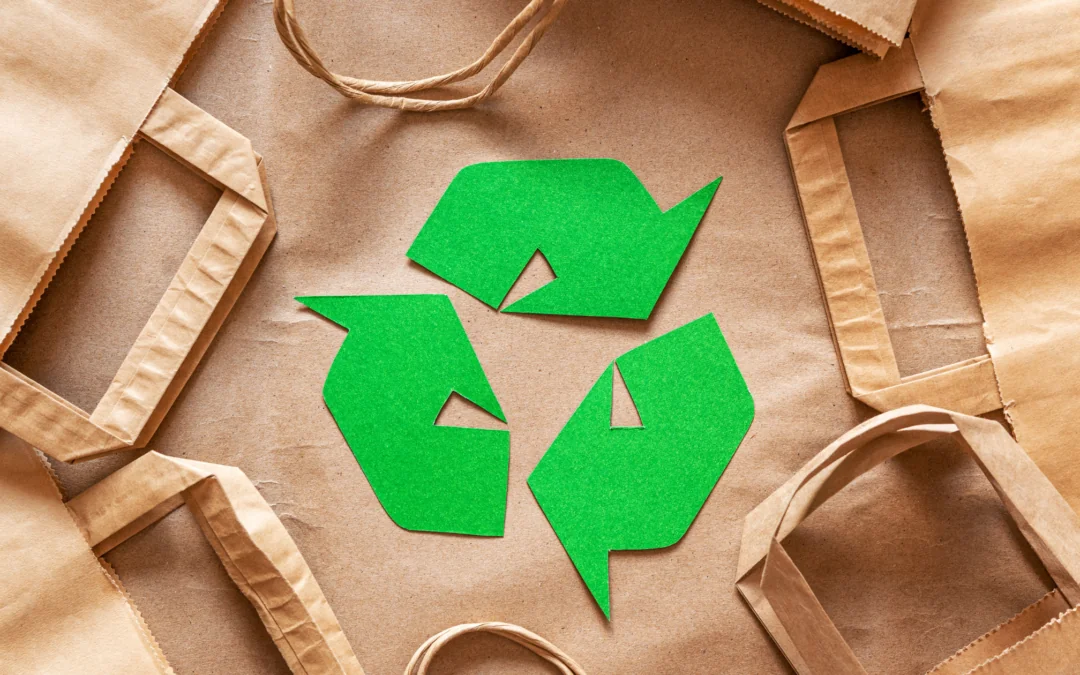Influencers are a great way to increase a brand’s visibility, especially in the beauty industry. Recently we have seen a rise in brands working with individuals with 1 million followers or less, these individuals are also known as ‘micro-influencers’.
According to an article by Glossy “When Kory Marchisotto arrived at E.l.f. Cosmetics in February as CMO, one of the initiatives that most surprised her was the beauty brand’s Beautyscape program. Designed as a micro-influencer incubator, Marchisotto had never heard of Beautyscape prior to her tenure at the company, much less that 2019 marked its fourth year in existence.
Thus, as a beauty veteran with 20 years of experience, Marchisotto set out to give Beautyscape a megaphone. In its fourth iteration, E.l.f. Cosmetics partnered with Bustle on a media partnership that swelled the number of entrants from about 600 last year to 1,400 in 2019. Twenty-five micro-influencers eventually attended the four-day-long Beautyscape in the Bahamas last week to hear speakers like Jen Atkin of Ouai and Cyndi Ramirez, founder and CEO of Chillhouse. The bill was footed entirely by the beauty company. E.l.f Cosmetics would not disclose its total investment in Beautyscape, but the company stated that its marketing and e-commerce spend was 6% of its total budget in 2018 and that will grow to around 14% in 2020 (Beautyscape is incorporated in that). Five influencers also won $10,000 apiece for being part of a winning team that will collaborate with E.l.f. on a capsule collection to be released in 2020. Fittingly, Target is the exclusive retailer for that product lineup.
E.l.f.’s larger than life play at incubating micro-influencers follows Sephora’s ambassador program, Sephora Squad, that kicked off in February. Sephora saw 16,000 plus applications and its own 24 influencers. And more of these programs are indeed coming to market: James Charles and YouTube announced that they too are looking for the next big beauty influencer in a competition series that will premiere on the digital channel in 2020. Of course, the goal for all of these parties is to develop new relationships with emerging talent, but sidestepping the rising costs of influencer deals is an added benefit.
“I think these programs are coming up as a reaction to the transactional nature of some of these marketing activations. It’s gotten to the point where brands buy one post from an influencer and then they never work together again; that’s not very honest or about community,” said Fohr founder and CEO James Nord, who helped establish Sephora Squad.
However, this may not be a bad thing
Micro-influencers with 50,000 or less followers are obviously less expensive than the Jeffree Stars of the world and make roughly between $200 and $500 an Instagram post. Opportunities like E.l.f.’s Beautyscape or Sephora’s Squad not only give them greater overall exposure and a stamp of legitimacy, but they also solve for a reoccurring revenue problem.”
To find out more read the full article here: https://www.glossy.co/beauty/is-incubating-influencers-the-future





